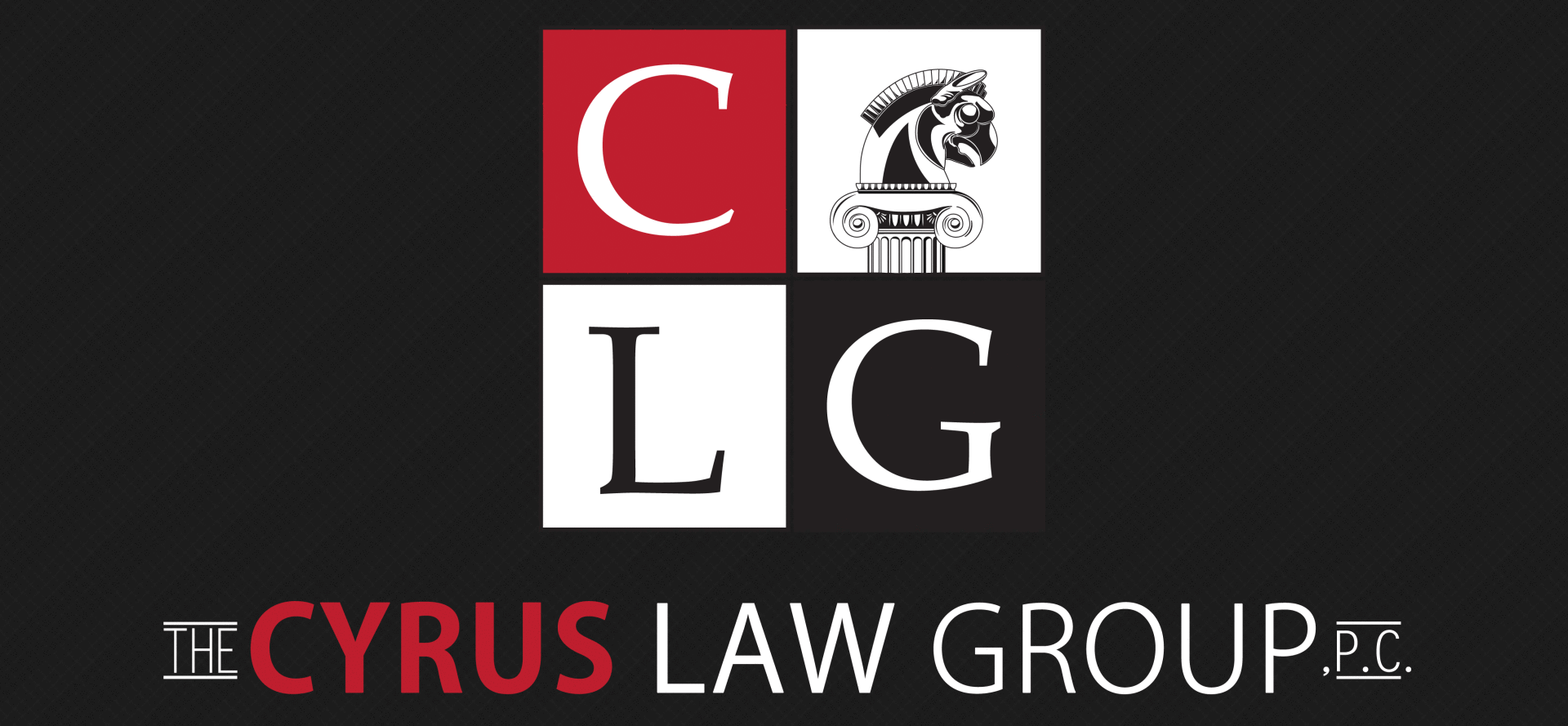Even with the cool wind in their hair, the iconic classic rock band, the Eagles, has filed a lawsuit against a Mexican hotel due to pretending to be the very same Hotel California that the famous rock group sang about in their popular song, Witchy Woman. However, what a nice surprise it was that the hotel policies that prohibit ever checking out and wine (at least since 1969), weren’t the basis of the lawsuit.
In all seriousness though, the lawsuit against the Hotel California is due to the unsurprising inevitability of a hotel trying to use an unlicensed, and sadly, fake, gimmick to attract guests. The Eagles are seeking to stop the hotel from using the name Hotel California and misleading guests into thinking there is any connection between the location and the song.
Warm Smell of a Court Room …
The Todos Santos hotel in Baja California Sur is alleged to have deceived guests into thinking the Eagles famous song is based on, or inspired by their hotel. Allegations include playing Eagles songs throughout the hotel, including the world famous song “Hotel California.” Additionally, the hotel sells branded merchandise that is alleged to lead individuals to believe the hotel is the root of the legendary song.
Interestingly though, the hotel was once actually named the Hotel California in 1950s but discontinued use of the name until 2001 when it was purchased by a Canadian couple. However, despite this history, the hotel could still find themselves in legal trouble over their use of the Eagles’ intellectual property. After all, copyright protections extend beyond just the original work.
Are You Licensed to Steal Art?
Generally, when a person or business wants to use another person’s artistic works for any commercial purpose, they must get permission. Usually, a copyright holder will sell different forms of licenses that allow their creative works to be used in different ways. Licenses can be for varied purposes and duration, but can allow a business to use the licensed work for their own commercial gain.
If a business or person is found to have infringed upon another’s copyright, they can be forced to pay back profits gained as a result of the infringement, as well as pay monetary damages for the unlicensed use, potential reputational harm, as well as other economic damages.
Related Resources:
- Ja Rule Facing $ 100M Class Action Lawsuit Over Fyre Festival Disaster (FindLaw’s Celebrity Justice)
- Prince’s Sound Engineer Can’t Release ‘Deliverance’ EP (FindLaw’s Celebrity Justice)
- What Happened to All of Drake’s Profits? (FindLaw’s Celebrity Justice)
- Warhol Foundation Sues to Stop ‘Shakedown’ Over ‘Prince Series’ (FindLaw’s Celebrity Justice)
